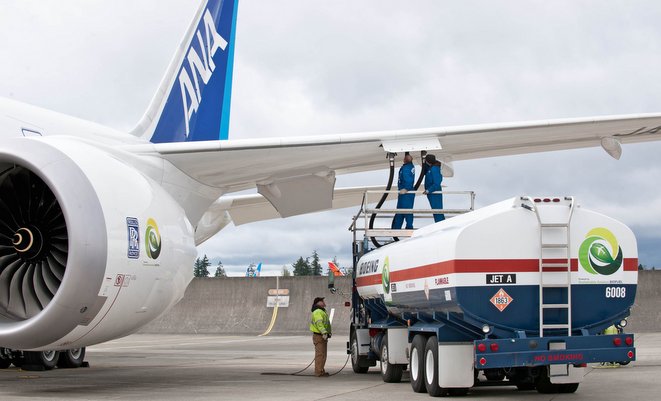
The global airline industry’s profitability could be hurt this year due to higher jet fuel costs as supply from Iran is choked by a tightening of sanctions by the United States, the International Air Transport Association (IATA) says.
While IATA still expects the industry to remain in the black in 2019, the airline industry group warns that the net profit margin could come in a full percentage point below the four per cent it predicted in its six-monthly round of forecasts in December.
In those forecasts, IATA said 2019 would likely be the 10th consecutive year of profitability for the global airline industry. Airlines were tipped to collectively post a total net profit of $US35.5 billion in calendar 2019, up from $US32.3 billion in the prior year on the back of rising passenger numbers and cargo tonnage.
However, IATA said in a report on May 3 rising oil prices have put that outlook under a cloud.
The reason for the reduced optimism was the decision by the US in early May to end waivers allowing some countries to import crude oil from Iran. While IATA’s December forecasts had factored in a Brent crude oil price of $US65/barrel on average through 2019, the benchmark spiked to $US75/barrel on the news that the waivers would not be extended.
Brent has since pulled back to just over $US70/barrel, with the outlook for airline profitability dependant on where oil prices headed from here.
“With no pass-through to consumers or mitigating measures, each US$5/barrel increase in the price of jet fuel reduces industry net profit margins by around 0.5 percentage points,” the IATA report said.
IATA’s projections of the impact of rising crude prices on profitability assumed that there was no change in the crack spread (the gap between crude and the fuel product prices) and that 50 per cent of fuel consumption was hedged.
The projections were also based on an expectation that a major shift in pricing behaviour seen since the global financial crisis in 2008 would persist.
“For the decades preceding the global financial crisis the correlation between jet fuel prices and profit margins was close to zero,” IATA said.
“But since 2010, there has been an almost perfect inverse correlation, as profit margins were squeezed or expanded by rises and falls in jet fuel prices.”
In other words, in the decades ahead of the global financial crisis rising fuel costs were offset by higher fares. Nowadays, those higher costs simply ate into airline profits.
IATA said it was waiting to see the supply response from oil producers, with Saudi Arabia and the United Arab Emirates (UAE) flagging supply increases, but only after they have assessed the effect on the market of the tighter sanctions imposed by the US.
“The consequence is uncertainty, or rather more uncertainty than usual, over the price of jet fuel this year,” IATA says.
IATA was expected to publish its updated forecasts for airline profitability at its annual general meeting and world air transport summit to be held in Seoul, South Korea, between June 1-3 2019.




